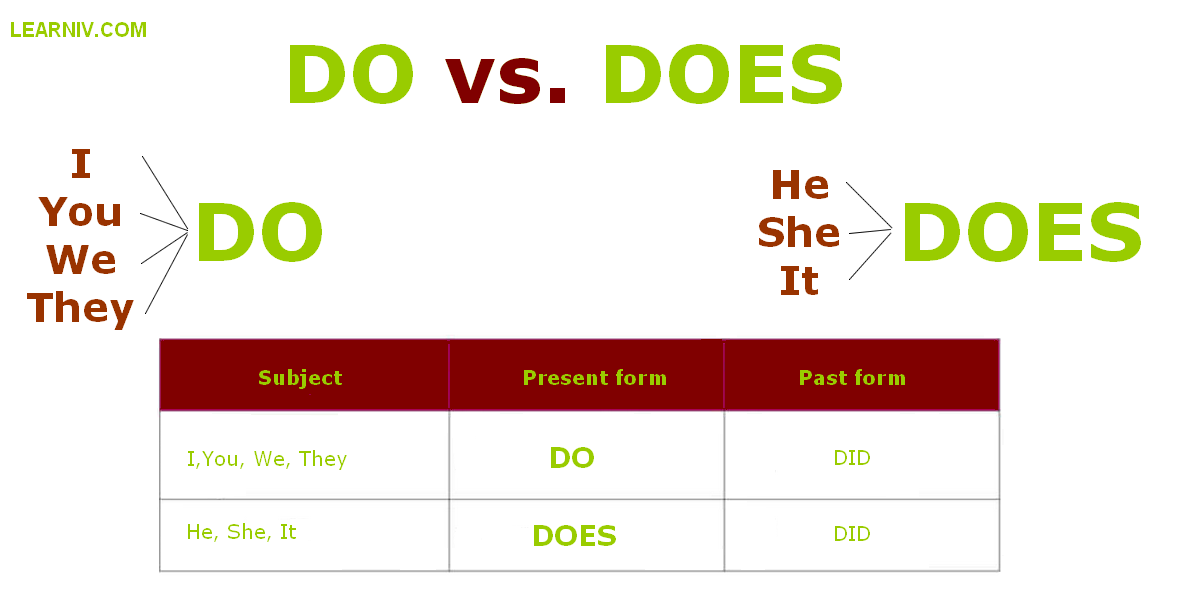Mastering Office Politics: Navigating Power, Influence, and Success in the Workplace
Introduction: The Reality of Office Politics
Office politics is an inescapable element of modern organizational life. Whether in a small business, a large corporation, or a nonprofit, the workplace is shaped by social dynamics, influence, and power struggles. Mastering office politics is not about manipulation or deceit; it’s about understanding the subtle mechanisms that drive decision-making and relationships at work. This guide explores what office politics is, why it exists, the forms it takes, and actionable strategies for turning it into a force for positive career growth.
What Is Office Politics?
Office politics refers to the activities, behaviors, and social maneuvers within an organization that involve the use of influence, power, and networking to achieve personal or departmental goals. These dynamics can impact decision-making, promotions, resource allocation, and the overall work culture [1] . Office politics often operates in the background but can have very real consequences for individuals and teams. It is important to distinguish between positive and negative politics, as both can exist simultaneously within the same organization [2] .
Causes and Motives Behind Office Politics
Various factors contribute to the emergence of politics in the workplace. Understanding these motives allows you to anticipate and respond to political behaviors more effectively:
- Competition for Resources: Limited budgets, promotions, or recognition fuel competition, often leading to political maneuvering as individuals vie for advantages [1] .
- Power Imbalances: Hierarchical structures and unclear authority lines create opportunities for individuals to leverage their positions for personal gain [1] .
- Ambiguous Roles: Unclear job descriptions and reporting lines can lead to confusion, causing some to engage in political behavior to define or expand their influence [1] .
- Jealousy and Insecurity: Colleagues who feel threatened by others’ achievements may try to undermine them through rumors or negative campaigning [3] .
- Ambition and Self-Preservation: Some individuals use alliances and manipulation to secure promotions or protect their roles, sometimes at the expense of others [3] .
- Fear of Change: Resistance to new initiatives can lead to political activity aimed at preserving the status quo [3] .
- Personal Vendettas: Past grievances or personal conflicts can fuel ongoing political battles within an organization [3] .
Forms of Office Politics: Positive vs. Negative
Office politics manifests in both constructive and destructive behaviors. Recognizing the distinction is crucial for navigating the workplace ethically and effectively:

Source: livspace.com
Positive Politics
Positive political behaviors are those intended to benefit both the individual and the organization. These include:
- Building professional relationships and networks
- Volunteering for high-visibility projects
- Publicizing team and personal accomplishments
- Complimenting and supporting colleagues
For example, aligning with key influencers in your organization to drive a project forward can be seen as positive politics, provided it’s done transparently and with the organization’s interests in mind [2] .
Negative Politics
Negative office politics involves behaviors aimed solely at personal gain, often at the expense of others or the organization:
- Spreading rumors and misinformation
- Withholding important information from colleagues
- Sabotaging others’ work or reputation
- Undermining team cohesion for personal benefit
For example, a co-worker may deliberately highlight another’s mistake to management to position themselves as more competent, or spread rumors to damage a rival’s reputation [4] .
The Impact of Office Politics
The effects of office politics can be far-reaching. While positive political behavior can foster collaboration, innovation, and career advancement, negative politics can lead to toxic work environments, diminished morale, and even turnover [2] . Research suggests that workplaces with high levels of destructive political behavior experience lower productivity and higher employee stress [4] . Conversely, those who engage in ethical, strategic networking often achieve greater career success and satisfaction.
Practical Steps to Navigate Office Politics
Navigating office politics requires self-awareness, strategic thinking, and a commitment to integrity. Here are actionable steps you can take:
- Observe and Understand the Power Structure: Identify key decision-makers, influencers, and informal leaders. Take note of unwritten rules and common communication paths.
- Build a Broad Network: Cultivate relationships across departments and levels. Genuine connections can provide support and protection against negative political maneuvers.
- Communicate Transparently: Share information appropriately and avoid participating in gossip or rumor-mongering.
- Document Your Achievements: Keep records of your contributions and successes. This provides evidence in case your work is questioned or downplayed.
- Seek Feedback and Mentorship: Regularly ask for input and advice from trusted colleagues or mentors. Their perspective can help you avoid political pitfalls.
- Focus on Organizational Goals: Align your actions with the company’s mission and demonstrate your value through results, not politics.
- Address Conflict Professionally: If you encounter negative political behavior, address it with professionalism-document incidents and, if necessary, involve human resources.
Overcoming Challenges and Pitfalls
Office politics can be daunting, especially when confronted with negative or unethical behaviors. Here’s how to overcome common challenges:
- Dealing with Sabotage: If someone attempts to undermine your work, respond with facts and documentation. Avoid emotional reactions and focus on your professional track record.
- Handling Gossip and Rumors: Refute false information calmly and directly. Avoid spreading unverified claims yourself.
- Managing Favoritism: If favoritism affects your advancement, respectfully seek clarity on promotion criteria and request regular performance reviews to ensure fairness.
- Protecting Your Reputation: Maintain professionalism in all communications, both written and verbal. Your consistent conduct can counteract attempts to damage your reputation.
Alternative Approaches to Office Politics
If you’re uncomfortable with traditional political tactics, consider these alternatives:
- Focus on Team Building: Foster a cooperative environment by supporting colleagues and celebrating group achievements.
- Encourage Transparency: Advocate for clear communication, defined roles, and open feedback channels within your organization.
- Participate in Organizational Development: Get involved in committees or initiatives that drive positive cultural change, such as diversity and inclusion efforts.
Accessing Support and Resources
If you need help navigating office politics, consider these steps:

Source: luxafor.com
- Consult your HR department for guidance on workplace conduct, reporting concerns, or resolving conflicts.
- Seek out professional development courses on communication, negotiation, and leadership. Many organizations offer internal training or tuition assistance for external workshops.
- Look for mentorship programs within your company or industry associations. A mentor can help you navigate complex political environments with greater confidence.
- For expert advice, search for books and articles by reputable business schools and career coaches. You can find research-based strategies for managing office politics by searching terms like “workplace politics management” or “organizational power dynamics” in academic databases or business publications.
Key Takeaways
Office politics is a reality in nearly every workplace. While it can pose challenges, understanding and navigating these dynamics ethically can help you advance your career, foster better relationships, and contribute positively to your organization. Remember to focus on building authentic connections, promoting transparency, and aligning your efforts with both personal and organizational goals.
References
- [1] Business School 101 (2024). What is Office Politics? [Video]
- [2] Wikipedia (2024). Workplace politics. Overview and definitions.
- [3] Intelligent People (2024). Office Politics: How To Handle It. Practical advice and examples.
- [4] Business News Daily (2023). How to Fix and Avoid Workplace Politics. Strategies and expert insights.



